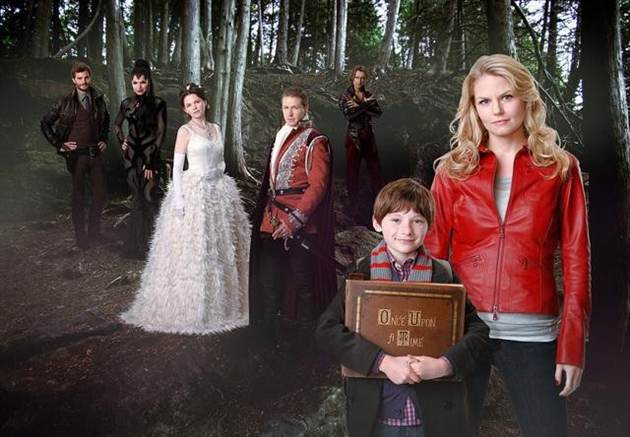A pretty stereotypical alien (Alan Tyduk) crashes in Colorado and is diverted from his original plan of destroying the Earth. In the opening scene, he kills doctor Harry Vanderspiegle and morphs his unseemly-looking body (closely resembling 1950s serials) into an alien. His plan? Patiently wait it out in Vanderspiegle's isolated cabin while retrieving the parts needed to repair his ship. He even watches Law and Order for months on end to learn English in case he needs to interact with anyone.
The glitch? Because Vanderspiegle was a doctor, he's summoned for an emergency forensic call when the local doctor gets murdered and he has to fill in. Before long, he is forced to take up the position full-time (until a new doctor can be hired) and must survive social interaction with the locals while trying to cover his tracks for murder and fixing his original ship. Also on his to do list: Show up on time for work and blow up the Earth.
More than anything else, Harry resembles Chance from the novel 1979 film "Being There" in that he's a complete blank slate.
One couple with marital issues thinks that he's not a murderous alien but rather a key to saving their marriage, the mayor (one half of the aforementioned couple) thinks he's a trusted therapist, the nurse takes him to be a trusted friend, a libidinous bartender looking for Mr. Right thinks it could be him and the lost goes on.
Even Vanderspiegle's ex-wife doesn't realize her ex-husband is much different in character and wants to give their marriage another chance. The mystery over whether he is moved by his new friendships and encounters with the humans of Patience, Colorado enough to not destroy humanity? This is a question that keeps us wanting because Harry's character arc is as rough as sandpaper. There's a great use of the unreliable narrator trope in that his words are frequently juxtaposed with his actions on camera. Similar to the way the characters in Patience might see him, he's not particularly easy to gauge.
The show takes a few episodes to pick up but it has a really strong expanded universe and takes on a number of issues with admirable subtlety There's a Native American nurse (Sara Tomko) who touches upon First Nations issues (her father is played by Gary Farmer who is from the Cayuga nation); a former Olympian (Alice Wetterlund) who has battled the depression that often comes when an athletic career at the highest levels comes to a close; and a lonely sheriff (Corey Reynolds) who learns to appreciate his (Elizabeth Bowen) deputy the way one would a significant other. There's also a couple (Levi Fisher and Meredith Garrelson) that has marital issues that are played with impressively subtle tones. Their marriage is portrayed with such nuance that the audience sees it the way a friend might see a crumbling marriage from the outside.
Most importantly, the show is never limited by its science fiction roots. It aims to entertain on a deeper level.


